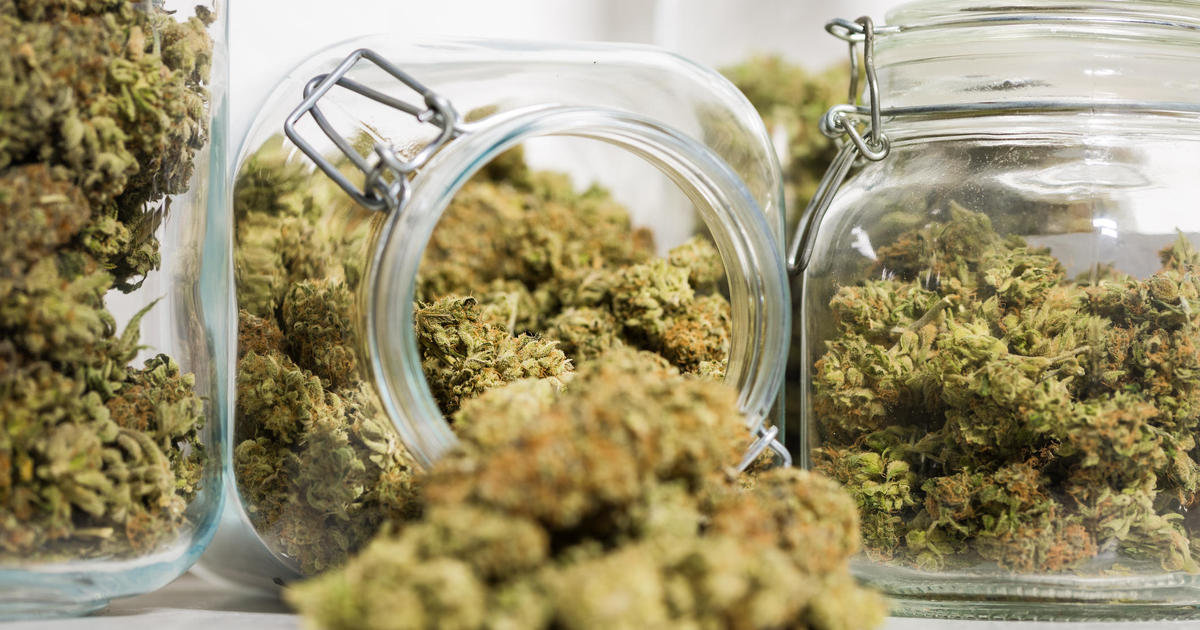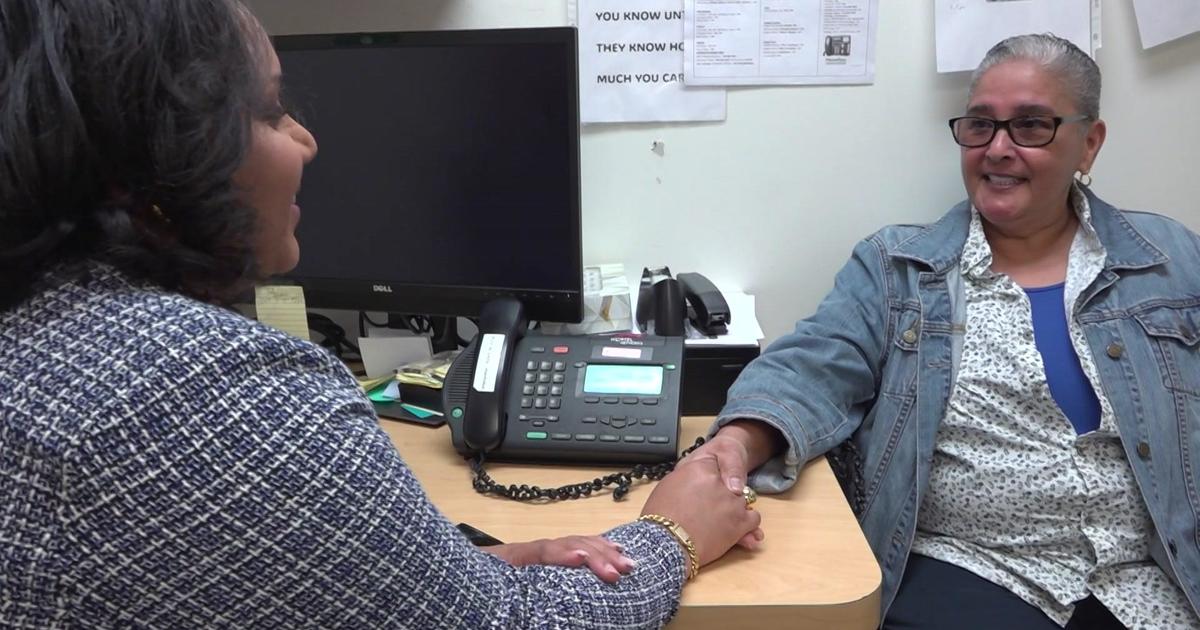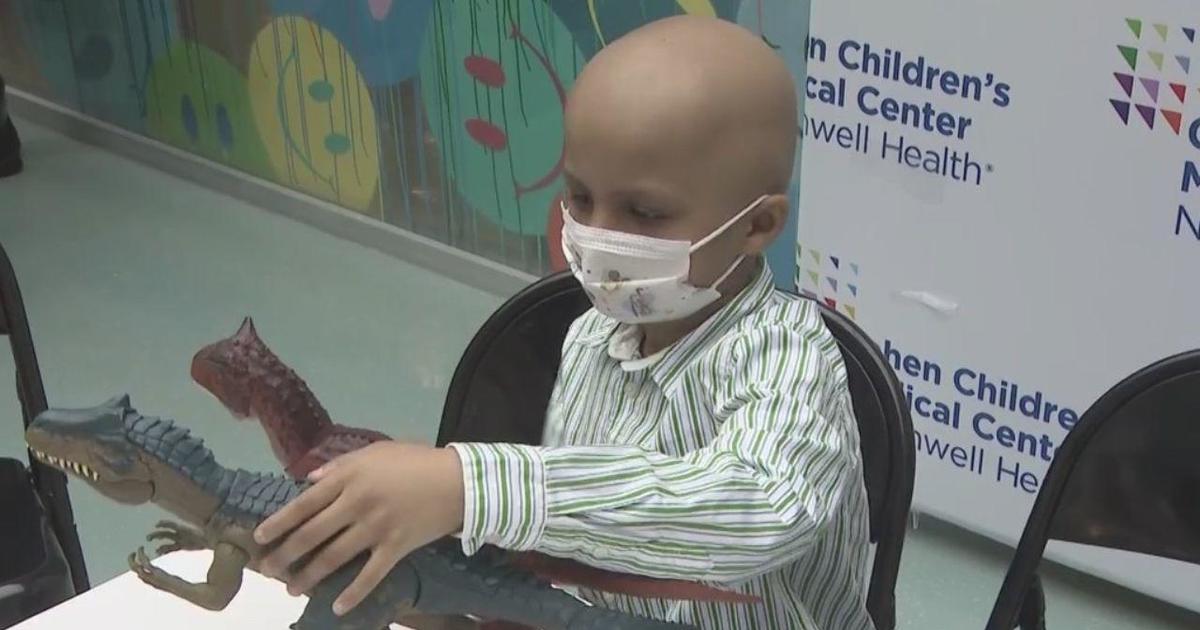Doctors May Be Able To Predict Who Is At Risk For Depression During Pregnancy
NEW YORK (CBSNewYork) -- Depression during and after pregnancy is a serious and potentially dangerous health problem for women and their developing baby.
Now, researchers have found a brain chemical that may predict who's most at risk.
Though they're almost inseparable now, Cryssie Cox first met her friend Lace over the phone. They're both part of a support group that Cryssie joined after suffering severe depression during her pregnancy.
"As the pregnancy progressed, with each ultrasound I just got worse and worse and worse," she said.
As CBS2's Dr. Max Gomez reported, as many as one in seven women suffer depression during or after pregnancy and a new study links the problem to a protein found in the brain known as BDNF.
"What we saw is that women who had steeper declines from early to later pregnancy had greater risk for depressive symptoms in late pregnancy," Dr. Lisa Christian, Ohio State Wexner Medical Center, said.
Researcher Lisa Christian led the study at the Ohio State University Wexner Medical Center.
She said BDNF helps regulate mood in all of us, but in pregnant women it's also vital for the placenta and helps with the baby's brain development.
The more BDNF levels drop during pregnancy, the more the risk of depression, and other problems may go up.
"In this study we also saw that women who had lower BDNF in the third trimester had higher risk for delivering babies of low birth weight," Dr. Christian said.
Antidepressants immediately boost BDNF levels, which is an option for some pregnant women, but Cryssie was leery of taking medication for fear of the impact on her baby.
"The good news is that another fantastic way to boost BDNF levels is exercise," Cox said.
Another option is counseling or joining a support group. That had such an impact on Lace Van Eman that she now volunteers for one which is where she became a mentor for her new best friend.
"After I got myself under control, I just wanted to help another mom so she didn't have to through what I did," Lace said.
If exercise and psychotherapy don't work, there are anti-depression medications that appear to be okay during pregnancy.
Still, all drugs have risks, but untreated depression is also risky.
The risk versus benefit decision is very individual and should be carefully discussed with a doctor.



